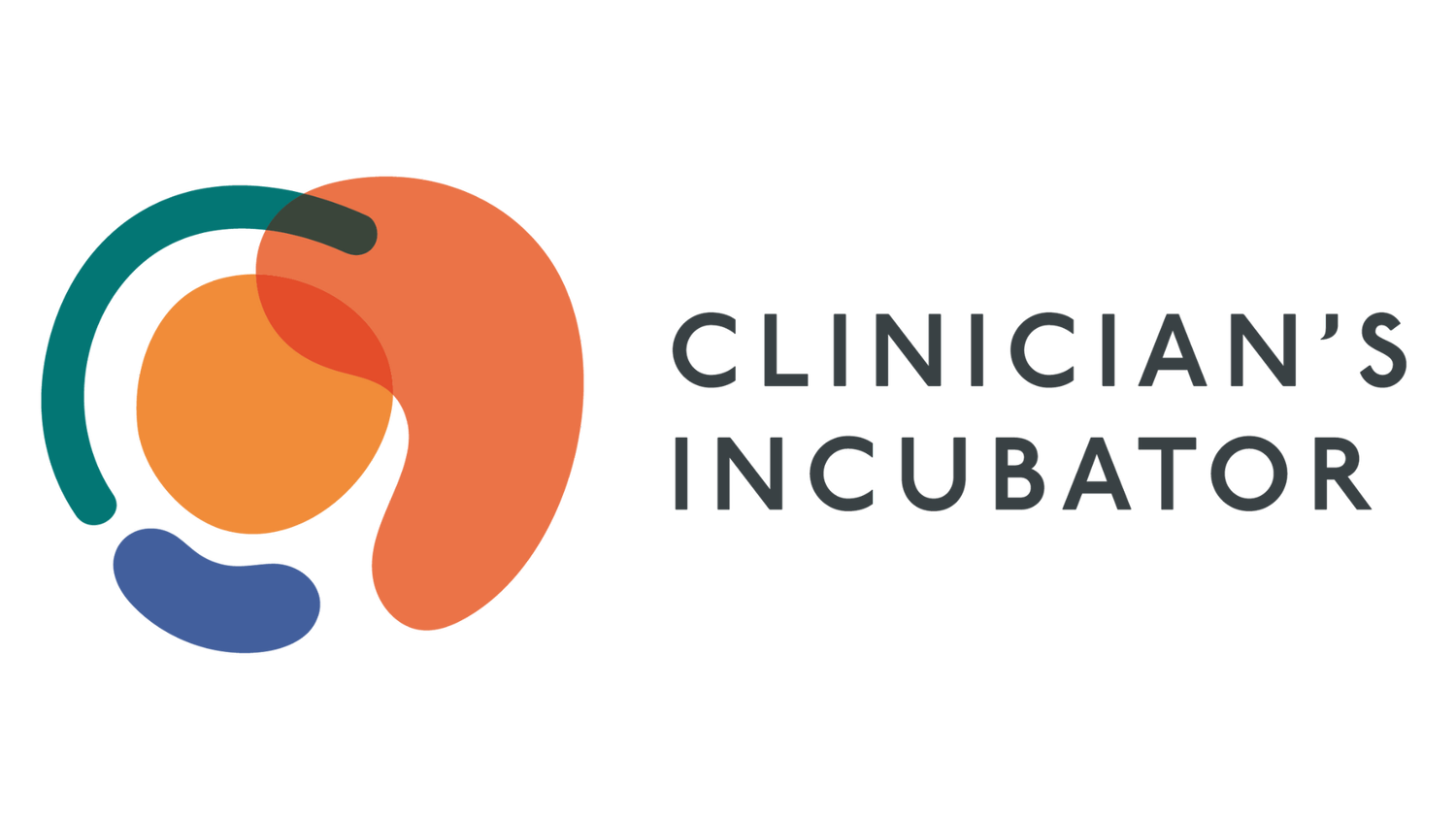Harvesting Your Wins: Taking Stock of Progress This Year
As we move into the final months of the year, it’s natural to take stock. For many CNS candidates, though, that reflection starts in the same place: with what you haven’t done.
“I still don’t have my 1,000 hours finished.”
“I haven’t touched my case study draft.”
“I didn’t get as many hours this week as I planned.”
I hear it constantly in supervision. Candidates begin by naming what’s missing, what’s behind, what still feels out of reach. It’s as if our default mode is scanning for the gaps.
But here’s the thing: what you notice shapes how you feel. If you only ever notice the unfinished, you’ll feel unfinished. If you only ever name the deficits, you’ll start to believe you are one. And that is not the truth.
Part of this tendency comes from our training. Nutrition education often teaches us to look for what’s absent: the nutrient deficiency, the out-of-range lab value, the piece of the diet that isn’t yet balanced. We are taught to identify problems, and that skill is valuable — it helps us serve our clients.
But when we turn that lens inward, it can create a constant sense of falling short. Instead of applying a clinical eye to nutrients, we start applying it to ourselves: missing hours, missing experience, missing steps on the journey.
Another reason is that the CNS process itself can be long. By the time you get to supervision, you’ve already gone through years of coursework. You’re still facing 1,000 supervised practice hours. Then there’s the exam on the horizon. It can feel like a slog. When the road stretches out for so long, it’s easy to focus on how far you still have to go instead of noticing how far you’ve already traveled.
Imagine, for a moment, if you started your next supervision session not with what you haven’t done, but with what you have.
“I finished another 50 hours this month.”
“I reviewed biochemistry notes.”
“I finally reached out to that potential client I was nervous to email.”
How different would that feel?
This isn’t about ignoring the work left to do. It’s about balancing the ledger. Acknowledging your progress gives you momentum. It turns a slog into a path with milestones. It helps you see yourself not as someone “behind,” but as someone in motion.
Let’s pause and name some wins that you might be overlooking.
You got through school. That’s no small feat. Graduate-level nutrition programs demand time, money, energy, and resilience. Completing your degree is a huge accomplishment.
You committed to this credential. Plenty of people stop after school, but you decided to go the extra mile for the CNS. That decision itself is worth honoring.
You’ve started logging hours. Maybe you’re at 100. Maybe 500. Maybe you’re closing in on 1,000. Every single one counts, and each represents real learning, client care, and professional growth.
You’re balancing life alongside this process. Jobs, families, health challenges — none of those pause while you pursue this credential. The fact that you’re still here, still moving forward, says so much about your commitment.
You may be tempted to brush these off as “bare minimum” steps. But they aren’t. They’re building blocks, and you’ve been stacking them steadily.
Fall is the season of harvest. It’s the time of year when farmers gather what’s been growing in the fields, when we celebrate the abundance that comes after months of quiet tending.
What if you treated your CNS journey the same way? Instead of staring at the acres you haven’t yet planted, could you pause to notice the baskets you’ve already filled?
The truth is, you’ve been planting seeds all year — every supervision session, every lab you reviewed, every conversation with a client. October and November are perfect months to take stock, to “harvest” those wins and acknowledge what’s already been gathered.
If shifting your mindset feels easier said than done, try one of these practices this fall:
Keep a “Ta Da List.” Instead of only tracking what you need to do, make a list each week of what you did accomplish — even small steps, like sending an email or reading an article.
Celebrate Hour Milestones. Every 100 hours logged is worth acknowledging. Light a candle, treat yourself to a favorite meal, or share the update with a peer who gets it.
Revisit Your Starting Point. Pull out an old assignment or case note from your first semester. Notice how much more confident and skilled you are now.
Share Wins in Supervision. Begin sessions with one thing you’re proud of before diving into what’s unfinished. Let that shape the tone.
These small shifts keep you connected to your progress, even while you’re still moving forward.
Celebrating your wins isn’t about ego. It’s about resilience. The CNS process can feel long, and sustaining motivation requires noticing success along the way.
Think about your clients: would you ever encourage them to only see what they aren’t doing? Of course not. You’d highlight what’s working, what’s improved, what’s worth building on. You’d remind them of their strengths.
You deserve the same.
As the year winds down, give yourself the gift of reflection. Yes, notice the gaps — but don’t stop there. Balance them with the gains. Name what you’ve already accomplished, and let yourself feel the pride that comes with that.
Because here’s the truth: you’re further along than you think. You’ve harvested more than you realize. And while there may still be rows left to tend, the baskets in front of you are already full of evidence that you are doing this. You are becoming the clinician you set out to be.

